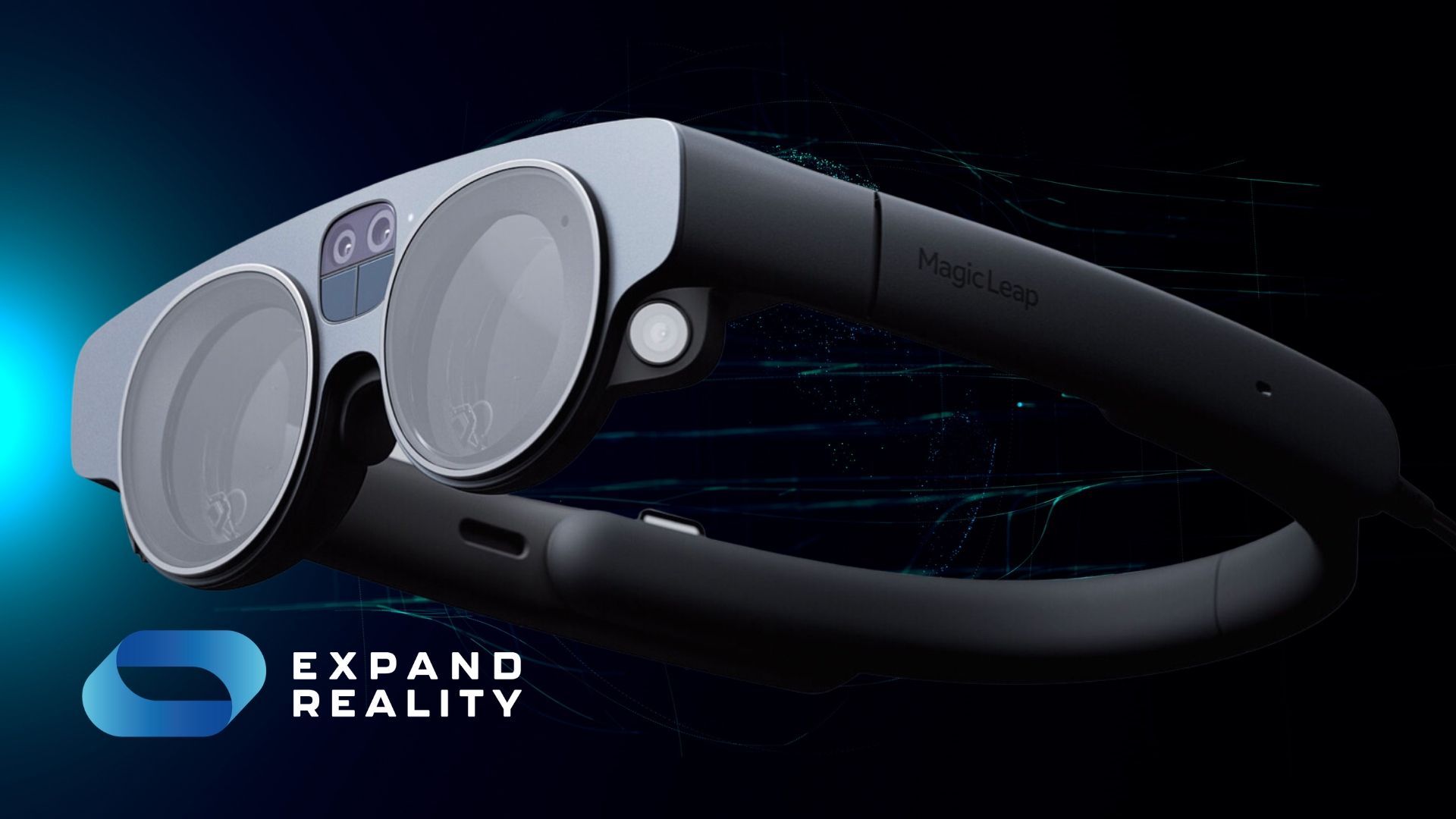hello@simplyvideo.io
XR and transhumanism
What is transhumanism and how does XR fit into it? Join us as we explore the weird and wonderful world of AGI, nanotech and human immortality.

For as long as humans have been around, we've been looking for ways to improve our condition – to live longer, happier lives.
Back in around 2100 BC, the ancient Mesopotamian
Epic of Gilgamesh contemplated immortality. Could human beings live forever?
The elixir of life. The fountain of youth. An end to disease and suffering. All these ideas have captured imaginations for millennia.
In the 20th century, some of these ideas were conceptualised and grouped together as "transhumanism". It's an umbrella term for a diverse set of philosophies, but one working definition is provided by the person who coined the term, Julian Huxley.
"Up till now," he wrote, "human life has generally been, as Hobbes described it, 'nasty, brutish and short'; the great majority of human beings (if they have not already died young) have been afflicted with misery… The human species can, if it wishes, transcend itself – not just sporadically, an individual here in one way, an individual there in another way, but in its entirety, as humanity."
Today, it's a worldwide movement that embraces the idea of using emerging technologies to improve our earthly lot. It's a broad church of thinkers and writers ranging from the speculative to the downright wacky.
There's even a transhumanist politician – Italy's Giuseppe Vatinno. (Although we're sad to report that one of the two Italian transhumanist organisations distanced itself from him when he asked a question in parliament about UFOs).
Whether it's the prospect of AGI (artificial general intelligence), neural implants to improve intelligence, genetic engineering, nanotechnology or mind-uploading, transhumanism seeks to change the human mind and body through science and to eradicate suffering.
We're not advocating this as a worldview – but as a company specialising in emerging tech, we can't help but take an interest and wonder how extended reality could fit in.
What is the relationship between transhumanism and XR?
XR, or extended reality, is a broad term that covers technologies that provide different levels of immersion. At one end of the scale is assisted reality (aR), which floats information in your field of vision – GPS directions, for instance, or a soup recipe.
At the other end is virtual reality (VR) – lifelike, immersive simulations of reality.
In the popular imagination, VR mainly means gaming – but its applications are far wider. VR's spatial computing, as it's known, can be used in everything from training to surgery.
It could be used, for instance, to improve elderly care. Many older people are socially isolated – and VR could give them opportunities to explore the world and socialise through virtual experiences. Mobility would no longer be an impediment.
Or it could – in fact, can – be used to make learning more experiential and less about learning by rote. A medical student can do pre-surgical planning on a 3D simulation of an organ. This is good for the patient but also, arguably, good for human cognitive skills in general.
There are already gaming and other entertainment platforms where you can become a digital avatar and walk through a virtual space. Soon, we're likely to see this in the form of virtual business meetings.
From a transhumanist perspective, this real-life
Second Life could amount to bettering yourself through reprogramming. If you're attending a virtual meeting, you're no longer troubled by bad breath or bed hair. Instead, you choose an avatar that represents your best self.
What are the social and ethical implications of transhumanism?
Whether or not XR can be used to enhance human existence and overcome our physical and mental limitations, the philosophy of transhumanism raises all sorts of social and ethical implications.
The most commonsensical objection to transhumanism is that it's "unnatural" – but transhumanists, broadly speaking, would say that the concept of nature is vague in an era when medicine has already altered our bodies.
There's also the big question of who would benefit from these advancements. Transhumanists on the whole say that they want to uplift all of humanity – it's for this reason that they resist comparisons to eugenicists.
But in practice, it seems likely that only some of us would benefit from this new tech – and that it would probably fall along existing divisions between the rich and the poor.
This conjures up a future world in which there are two classes of people – on the one hand, humanity as we know it, and on the other, a super-functioning elite. We would all be like athletes forever outrun by the one on performance-enhancing drugs.
Some critics say the transhumanist project is simply not feasible – all talk and no trousers. Some say it's playing God. Some say it reflects a damaging notion of physical perfectibility that is inseparable from the profit motive. Some say that it could be coercive and cruel in the wrong hands.
It seems likely that emerging technologies will help at least some of us to lead longer, healthier lives. But whether that will lead to the sunlit digital uplands dreamed up by transhumanists is less clear.
The role of XR in the here and now
Whatever happens, XR is being used in the here and now to make a big difference – and at Expand Reality, we're proud to be here on the vanguard making it happen.
In the world of business, XR solutions can unlock new opportunities for remote assistance and collaboration.
Designers can share 3D models of blueprints that can be handled as though they were real. All you need is a set of wearables for your team.
In construction, real estate and other industries, clients and partners can take virtual site tours no matter where in the world they are.
And if you struggle to provide memorable training for staff, XR can help. Mission-critical scenarios can be played out as though real from the safety of your office or living room.
All in all, XR is helping businesses to be more cost-effective, innovative and connected. It may not make you immortal – but it could help your business grow.
Expand Reality is a specialist provider of
AR glasses and smart goggles. Got an XR project in mind? Feel free to
get in touch to discuss how we can help.

Contact Us
Connect global teams. Collaborate with remote experts. Streamline processes and unlock cost savings with industry-ready extended reality technology.
Contact Info
hello@expandreality.io
Gemini Business Park
Sheepscar Way
Leeds
LS7 3JB
All Rights Reserved | Expand Reality







